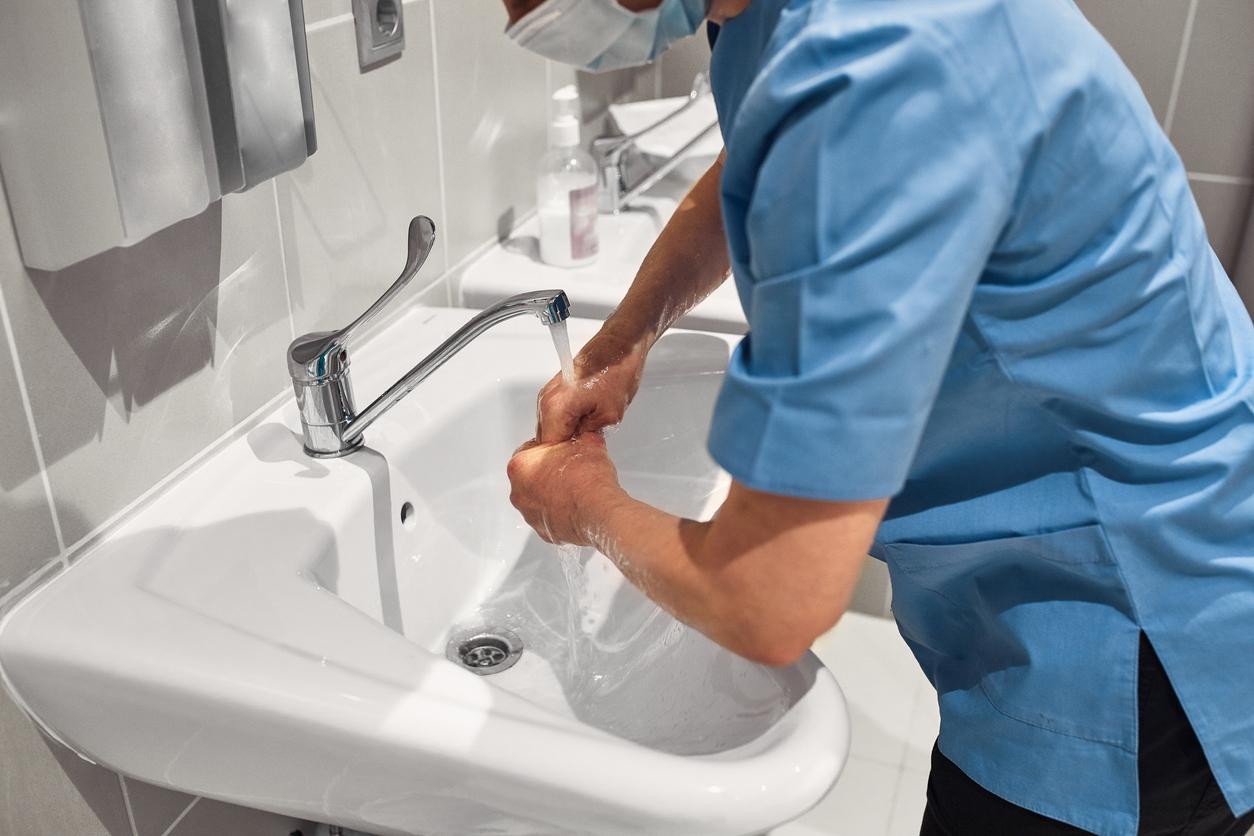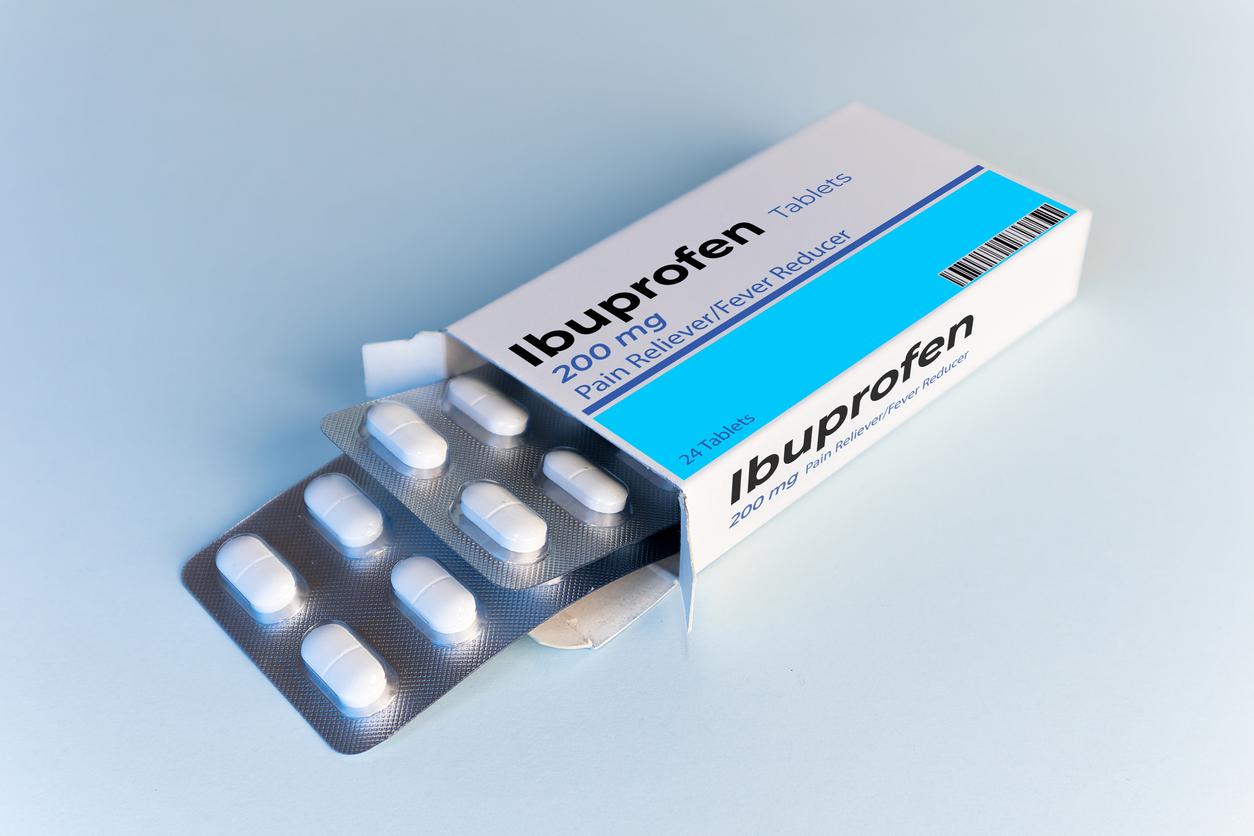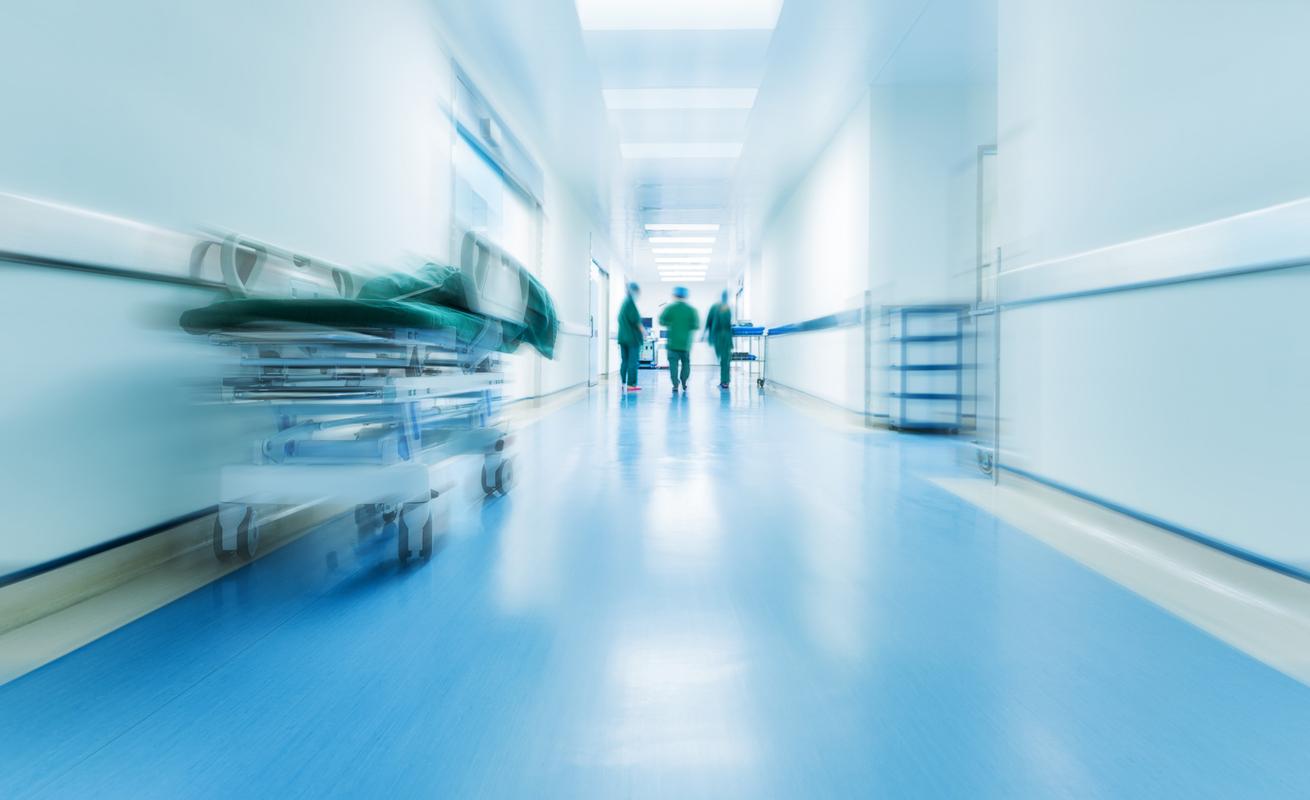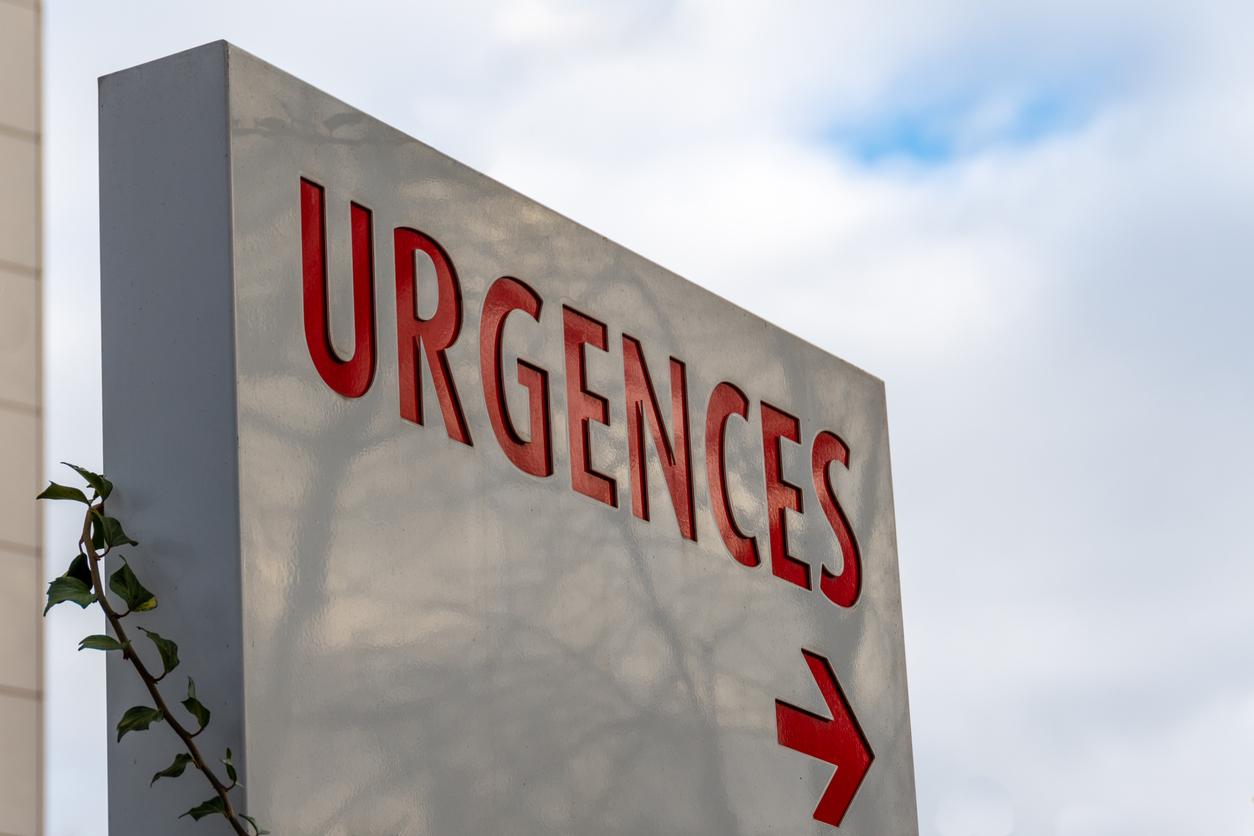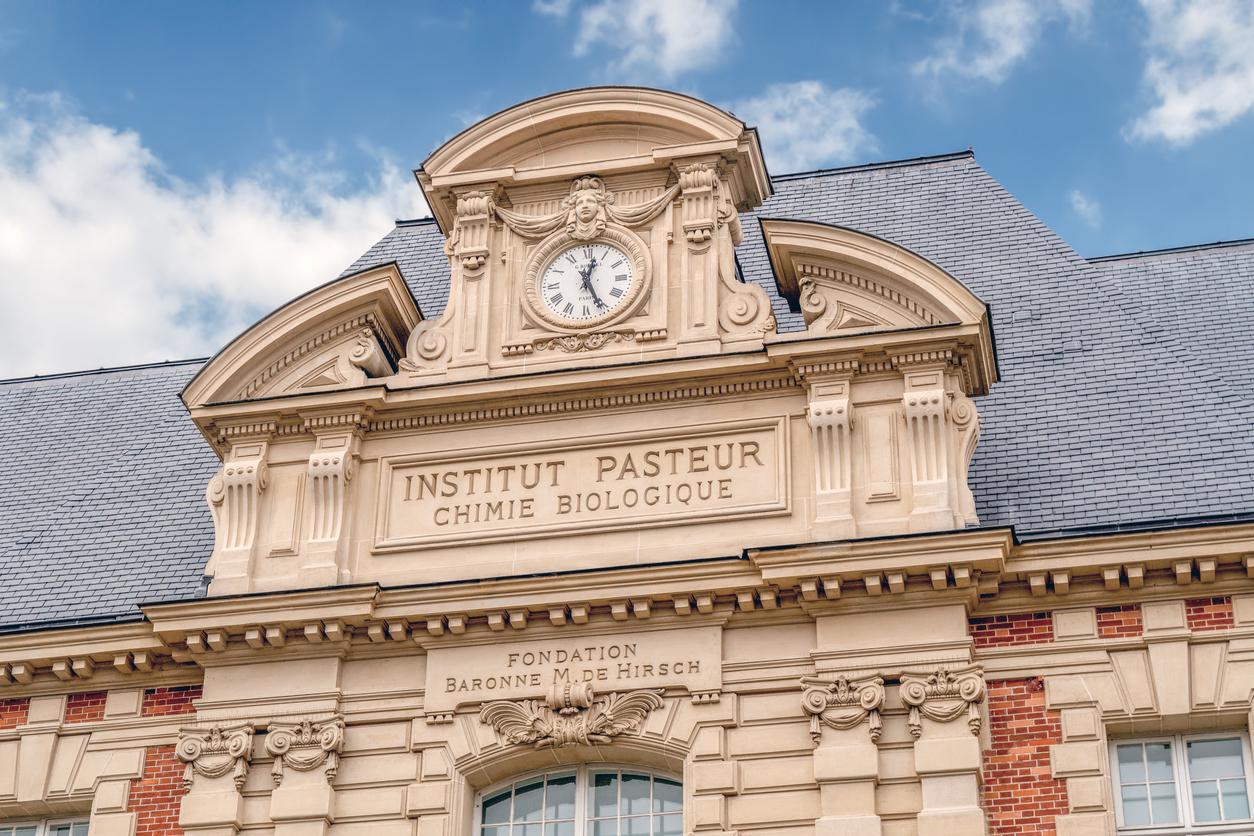In a judgment, the Court of Cassation considered that a refusal of treatment did not justify reducing the compensation in the event of nosocomial infection.
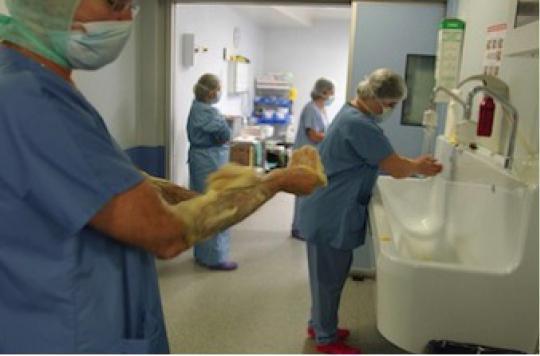
It is a principle now set in stone. Patients suffering from nosocomial pathologies will be fully compensated, even in the event of refusal of care. In a stop, the court of cassation ruled in favor of the patients.
E.coli, Staphylococcus aureus …
Nosocomial pathologies refer to infections contracted in a health establishment (hospital, clinic, private practice), following treatment. The most frequently implicated microorganisms are E.coli bacteria (25%), Staphylococcus aureus (19%) and pyocyanic bacillus (10%). One in twenty patients is affected.
The legislation already protects victims of nosocomial infections, compensated in full for the damage suffered. Thereby, the law of March 4, 2002 stipulates that “establishments, services and organizations are responsible for damage resulting from nosocomial infections, unless they provide proof of a foreign cause”. This nuance, the “foreign cause”, was precisely at the heart of the trial which took place for nearly ten years, and whose court of cassation has just relaunched the course.
Facts
The supreme court had to rule on the case of a man who underwent two surgeries in 2005 in the urology department of a Bordeaux clinic. After the second, the patient presented a state of hyperthermia suggesting an infectious state. He decided, despite everything, to go home and refused to extend the treatment. A month later he was admitted to another facility with strep sepsis and secondary damage to his shoulder, liver and heart. In the process, he lodged a complaint against the first clinic.
According to the version of the offending health establishment, the patient is entirely responsible for the worsening of his condition. If he had not refused treatment, the infection could have been treated in less than a month, he said throughout the procedure. But the patient would have preferred to turn to natural medicines, with quite relative success. The clinic says that in addition, the care in question was not invasive therapy, since it consisted of a simple intake of antibiotics.
In Bordeaux, the judges also agreed with him. The Court of Appeal decided to only partially condemn the clinic, and therefore to limit the compensation paid to the patient. But the Court of Cassation heard it differently.
Refuse care, an inalienable right
In her judgment, she explains that the question of treatment only arose because of the nosocomial infection, at the origin of the damage, then the legal procedure. In other words: no infection, no trial. In addition, the refusal of care is an inalienable right of the patient, who should have been able to exercise it without suffering the consequences.
It concludes on a principle, which will henceforth set a precedent: in the event of a nosocomial infection, a refusal of treatment does not in any way justify a reduction in compensation. The case is referred to the Toulouse Court of Appeal.
.









